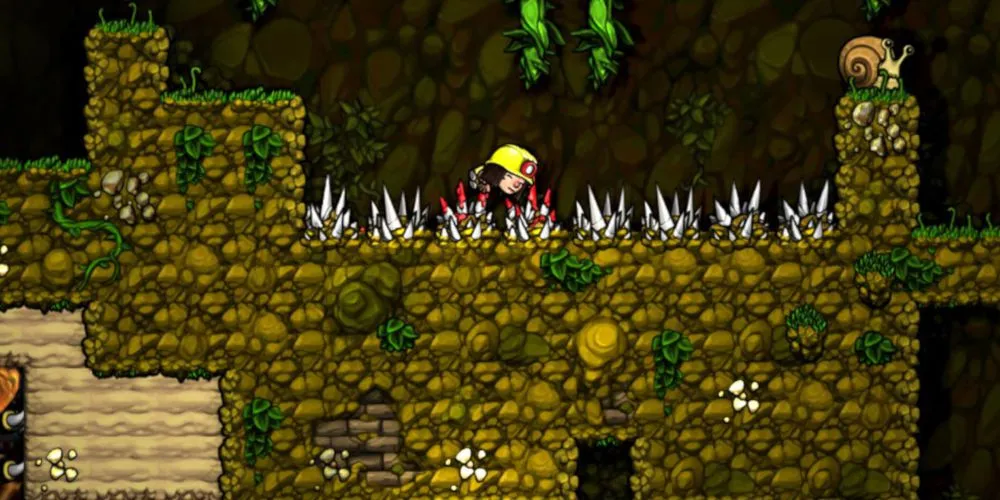Roguelike vs Roguelite - what's the difference?
Roguelike vs Roguelite - what's the difference?

Roguelike vs. Roguelite Games: The Differences, Explained

My takeaway is that it's only original Rogue fans that care about the delineation of the terms. Is there a modern (i.e. post 2000s game) that matches the definition of a roguelike as given in the article?